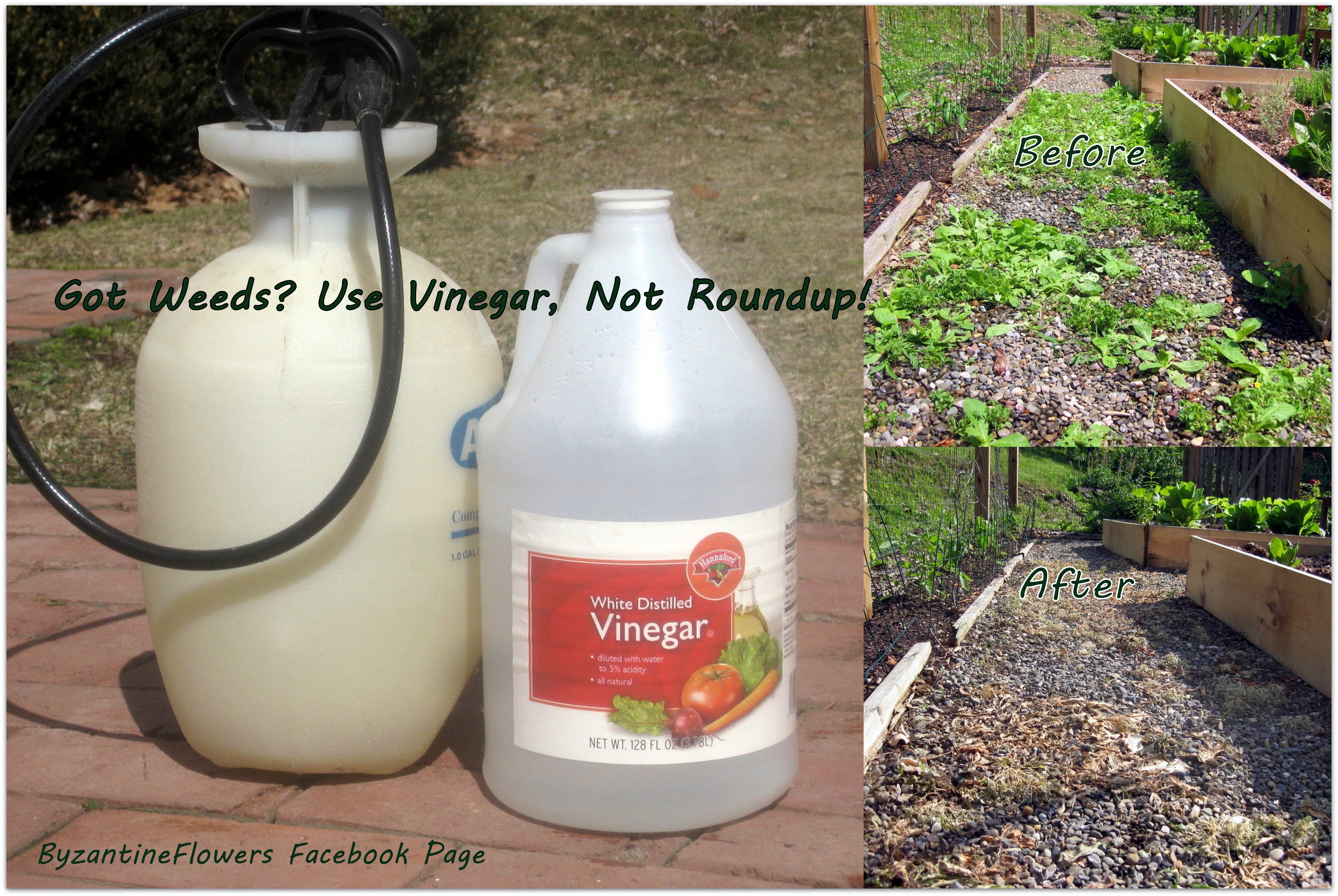Monsanto has destroyed our bread basket. And nothing can stop them. They spray close to privately owned farms, then test the farmers seed to see if they contain the spray, which they do, then sue the farmer and take his land. In 16 years they have never lost a case. I believe their chemicals are responsible for a wealth of medical problems we face since they took over our food supply.
Agricultural Giant Battles Small Farmers
You think they sue farmers for using glyphosate?
Wow, you're confused.
Not so much:
"The Runyons say they signed no agreements, and if they were contaminated with the genetically modified seed, it blew over from a neighboring farm.
"Pollination occurs, wind drift occurs. There's just no way to keep their products from landing in our fields," David said."
And:
74-year-old Mo Parr is a seed cleaner; he is hired by farmers to separate debris from the seed to be replanted. Monsanto sued him claiming he was "aiding and abetting" farmers, helping them to violate the patent.
"There's no way that I could be held responsible," Parr said. "There's no way that I could look at a soy bean and tell you if it's Round-up Ready."
The company subpoenaed Parr's bank records, without his knowledge, and found his customers. After receiving calls from Monsanto, some of them stopped talking to him."
They are a wicked company and you will eat their roundup. Remember that the next time you serve Quaker oats to your children for breakfast...
Well you should be happy to know they are switching from roundup ready soy to dicamba ready soy

 Its just something else the lower than pond scum ambulance chasing lawyers have drummed up to extort money from industry which works hard to contribute to society instead of feeding off of it like the lawyers do. Don't be a dumbass sucker and try using your brains for a change.
Its just something else the lower than pond scum ambulance chasing lawyers have drummed up to extort money from industry which works hard to contribute to society instead of feeding off of it like the lawyers do. Don't be a dumbass sucker and try using your brains for a change.
